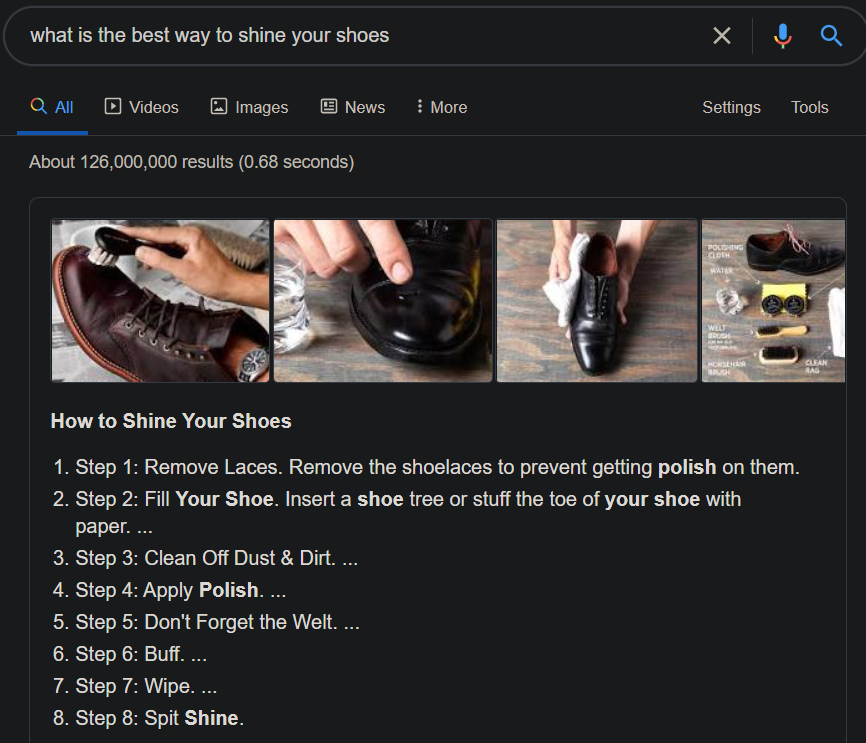It’s estimated that there are about 500-600 million blogs online. As you can imagine, there is a lot of overlap among them. If you’re writing about something, there’s a chance multiple people have written the same thing. Hence, there is a lot you have to do to stand out. So here are 7 blog writing tips that no one is following.
Table of Contents
1. Scouting the Competition

Let’s elaborate on the point above. You will find hundreds, perhaps thousands of blog posts out there that mirror your own. Hence, you could do with some research before you start writing in the first place. Try to write about a different topic than would normally be included in blogs to start with. If you can’t, then at least give your blog post something that makes it stand out. This could be an emphasis on a particular question, or the analysis of a specific aspect of that topic.
Also, make sure that your writing style and tone don’t mimic the competition. This goes beyond how you structure or address the audience. It depends on how authoritative and accurate your information is as well. How you make your case, and how you establish a connection with your audience will define your success.
2. Research on SEO Optimization

It’s not just enough to search up a few keywords and tweak a few titles. You need to make sure that every aspect of your article or blog post is optimized for search. Your images, videos, and especially your web page needs to be optimized. What this means is:
- Optimizing your web page for mobile viewing (making all the text easy to read, developing a mobile-only version of the site, opting for smaller images, optimizing loading speeds)
- Experimenting with themes (Use A/B testing to find out which theme appeals to your audience more)
- Use multiple sites to come up with titles, keywords, meta titles, descriptions
3. Sticking to a Schedule

Very few blogs stick to a schedule and that turns people off. If they’ve subscribed to your blog, it must be because they like your content. If you stop delivering, they will inevitably lose interest. They will turn off updates or unsubscribe. Consistency and posting on a schedule is the key to maintaining a loyal audience. If you lose that audience you may still get other members that read your blogs, but they won’t be as involved. And that’s what you need; involvement, loyalty, and participation.
It’s the same with any content creator. If they stop posting on time, they break a promise to their creators. Imagine if your favorite show started randomly switching airing dates or timings. You’d be angry, wouldn’t you? It’s the same thing with blog posts. If you’re having trouble sticking to a schedule when it comes to writing blogs, you need help. If you have to run a business and can’t keep track of posting your blogs, hire a blog writing service.
4. Encouraging User Participation

Even though polls and questionnaires are very easy to send out now, bloggers don’t take much advantage of these tools. It’s important that you use these tools to encourage user participation. What this does is it gives you insight into what the public wants to read about.
Comment sections, polls, questionnaires, etc. encourage users to connect with you. If you respond to what they say or what they ask, it automatically forms a bond between you and them. That’s a powerful thing that not many bloggers use. In fact, very few content creators are now in the habit of doing what the audience asks them too. While this shouldn’t be a default option for what you want to write or create, it’s a great source for content.
5. Answering Specific Questions

Google has been increasingly focused on providing pointed and specific answers to its users through the years. The Google E-A-T update has emphasized that point completely. Hence, Google is now looking for the exact answers to the queries that users are putting up.
Hence, in order to write blogs that get the most traction, concentrate on those questions. Allow yourself to look for questions that your audience wants to answer. Structure your content so that it is an answer to a pointed question or related to it. Use your blog to cater to an underserved market even today. If you crack a question and give a satisfactory answer, your blog may be referenced for months on end. It may even be optimized to track for years. It’s not uncommon to find posts from 5 or even 10 years ago for a question you’re asking today. For all you know, your post could be one of those.
6. Editing Your Blog Post

Most bloggers simply concentrate on editing as they go. They focus on writing or regurgitating content that they’ve selected or researched. Afterward, they never think about editing their work and cutting out any dead wood. That’s a big mistake.
If you can afford to, cut out redundancies, repetition, and other problems with your content. Try to structure it better, and implement a better writing style. Try structuring your paragraphs as points wherever you can to give it a more readable structure.
Correct spelling mistakes and grammar, and run the entire blog through Grammarly if you can. This will make your blog seem more professional, and thus will generate a lot of trust with your readers. It will make your blogs more shareable and pleasurable to read.
7. Structuring, Sub-Headings, Small Paragraphs

Finally, you should worry about the structure of your blogs. Your content may be top-notch, but the way it’s presented may not be the best. Remember that presentation and first impressions matter.
For structure, the first thing you need to do is break up your content into headings and sub-headings. Wherever you’re talking about a specific aspect of a topic, you should insert a heading. When you’re getting even more specific, you should insert a sub-heading.
Also, when too much material is getting lumped into a paragraph, split it into two or three paragraphs. Finally, try and turn some paragraphs into bullet points to make them more digestible.
All of these things help to make your blog much more readable and skimmable. It will help your audience find what they’re looking for much more easily.
Using these great tips will help you write better blogs and present them in a more palatable way.
Author Bio:
 Dave Brown works in the content writing department at Content Development Pros. He supervises the blog writers at the company. He enjoys reading Oscar Wilde and watching Netflix in his spare time.
Dave Brown works in the content writing department at Content Development Pros. He supervises the blog writers at the company. He enjoys reading Oscar Wilde and watching Netflix in his spare time.




